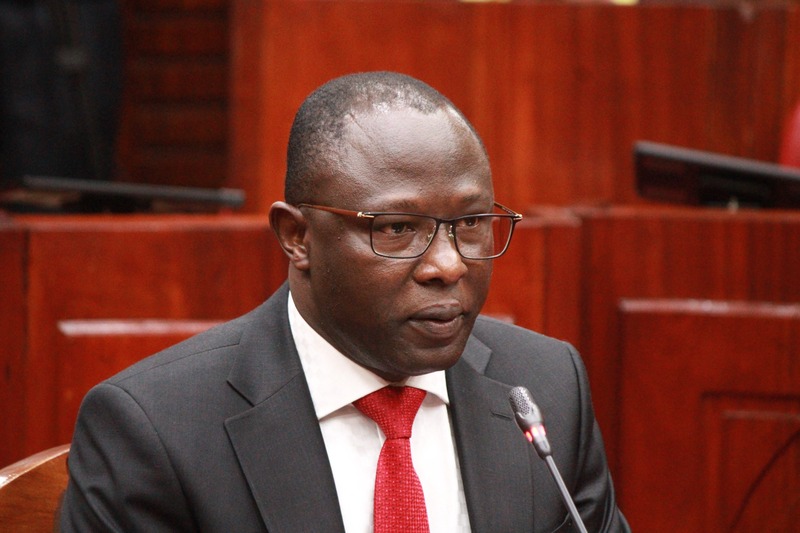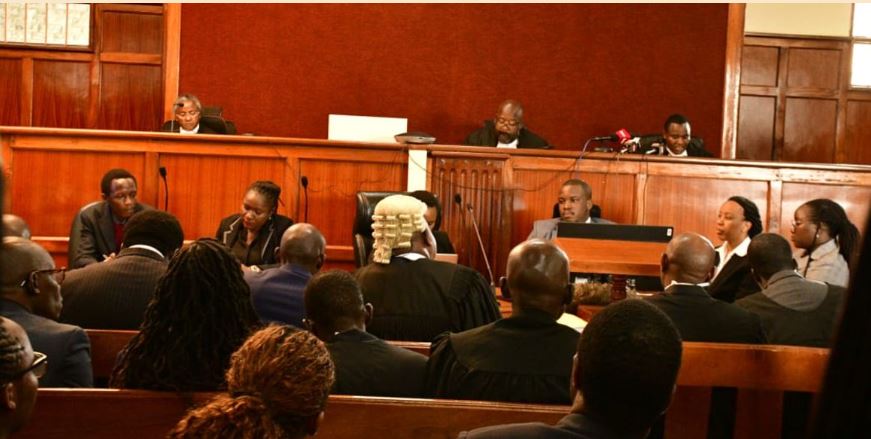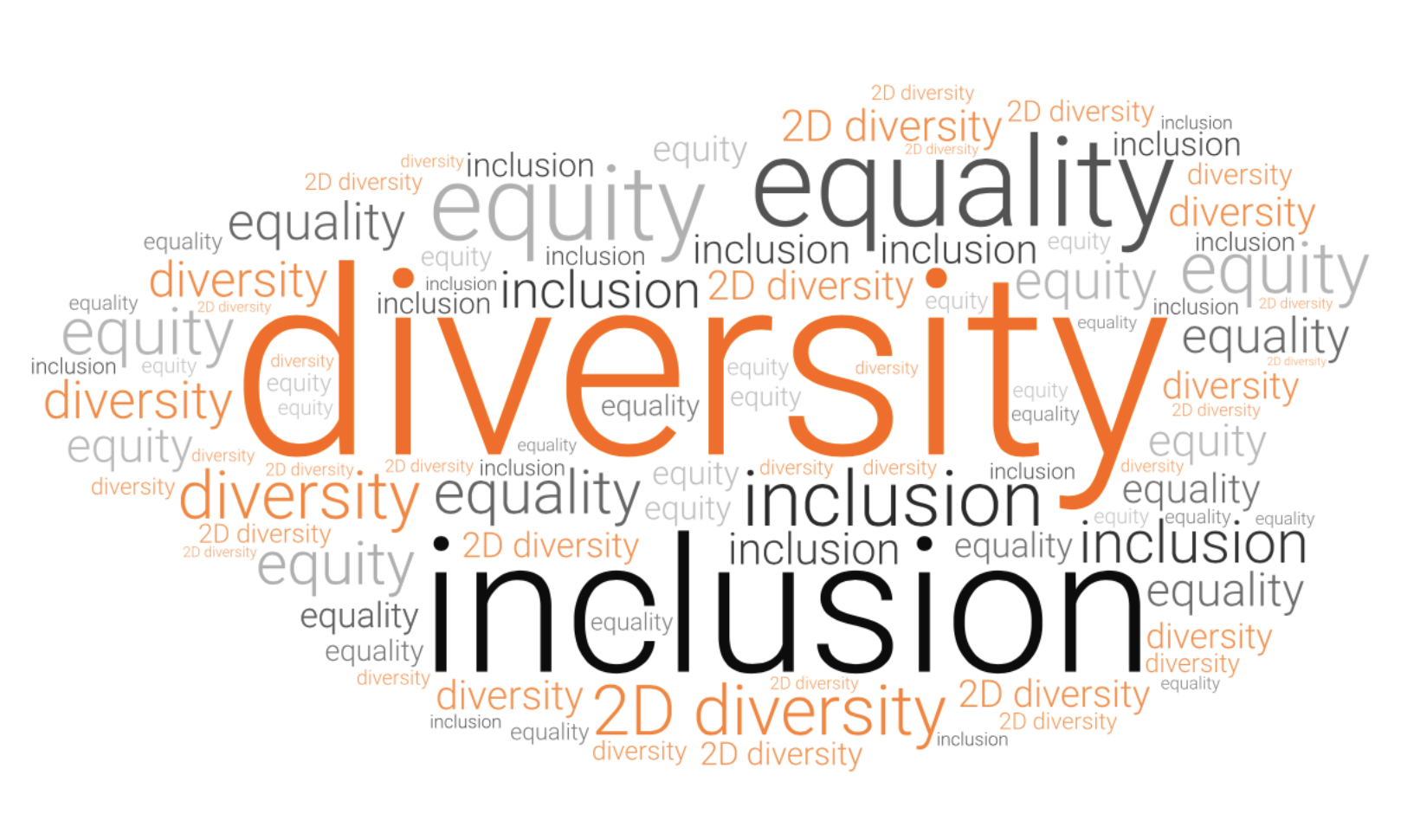What’s next for the new Independent Electoral and Boundaries Commission? Reflecting on lessons from IEBC history
by admin on | 2025-10-02 10:36:03 Last Updated by admin on 2025-12-01 19:44:59
Share: Facebook | Twitter | Whatsapp | Linkedin Visits: 165

The 17th day of July, 2025, opened a new chapter for Kenya’s Independent Electoral and Boundaries Commission (IEBC) with the swearing-in of the Erastus Edung Ethekon-led Commission. This was after a very political and legally turbulent process on one hand, and the precedent setting 2022 general election that left the Commission torn right down the middle on the other hand. The IEBC Select Committee, having gone through a process of selecting competent men and women to administer elections, conduct referenda, and assist in boundaries delimitation, helped the Commission shed off its old skin. It is therefore time for the new Commission to putin place strategies that will allow for constitutionally prescribed elections starting with the various by-elections. As the country however prepares for this transition politics aside-it is perhaps time to do a bit of introspection. Time to reflect on the past and seek lessons from the good, bad and the ugly. The IEBC is not just another Commission, rather, it is the Electoral Management Body (EMB) in Kenya. Article 88(4) of the Constitution of Kenya, 2010 and Section 4 of the IEBC Act enumerates the functions of the Commissions to include inter alia conducting or supervising elections and referenda. In other words, the IEBC is one of the key institutions that holds together the Country as a multi-party democracy founded on the national values and principles of governance. The promulgation of the Constitution of Kenya, 2010; the enactment of the relevant statutes and the establishment and reforms to create the IEBC are just but a testament to the pivotal role the institution plays within the democratic space in Kenya however; since the establishment of the Commission, it has gone through the pain of skin-shedding that sometimes comes with the periodic general election. As true as it is that Kenya has made some monumental strides; the current situation perhaps presents another chance to take stock, reflect, learn and forge a way forward, hence this paper. So, what are these lessons from history? The IEBC is not to be taken for granted Kenyan elections conducted in the 1980s and 1990s were largely a painting of manipulated processes. This is because elections were conducted by the provincial administration superintended by the ruling party. The KANU machinery- being the ruling party in a one party system- often times decided the winner of the elections. These are institutions that were under the command of the incumbent and hence largely seen not to be fair. Those who did not agree with the KANU hierarchy fell by the wayside and into political oblivion notwithstanding the will of the people. A case in point was the 1988 Mlolongo elections that is often cited as a mockery Read More...




